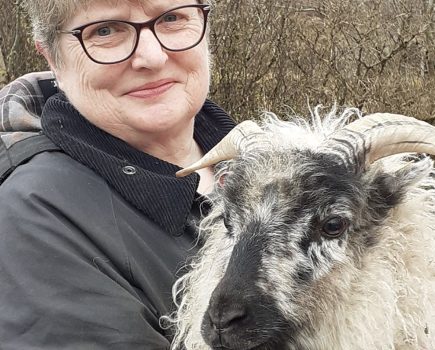November 2007: The only benefits GM crops have brought are to the biotech companies that own the patents and a few farmers growing them on an industrial scale, says Friends of the Earth.
The group was responding to reports that the Government has given its backing to a new campaign by farmers and industry to introduce GM crops to Britain.The Government is reported to believe the public will now accept that the technology is vital to the development of higher-yield and hardier food for the world’s increasing population and will help produce crops that can be used as biofuels in the fight against climate change. A senior Government source was reported as saying: “GM will come back to the UK; the question is how it comes back, not whether it’s coming back.”But Friends of the Earth’s GM campaigner Clare Oxborrow said: “The Government should take a close look at how little the GM industry has delivered for the environment, farmers and food security, before backing its latest PR campaign. “GM crops often need more pesticides, provide lower yields and have caused widespread contamination of the food supply. “Having failed to convince the public to accept its technology, the GM industry is cynically using concerns over climate change and the environment to push its crops.“Rather than backing this expensive and risky technology, the Government should fund popular and sustainable farming methods that are already delivering benefits, such as organic and locally produced food. “Around the world emphasis should be placed on maintaining diversity in seed stocks, so that crops adapted to local environmental conditions can be developed, and ensuring that people have access to land and the ability to grow food for themselves.”Attempts to introduce GM to Britain in the late 1990s met a wave of direct action from activists tearing up crops. Supermarkets such as Sainsbury’s and Marks & Spencer barred GM ingredients from their ranges for fear of provoking a consumer backlash. In 2004, the government announced that no GM crops would be grown in the country for the “foreseeable future”, prompting Lord Peter Melchett, policy director of the Soil Association, to declare: “This is the end of GM in Britain.”







